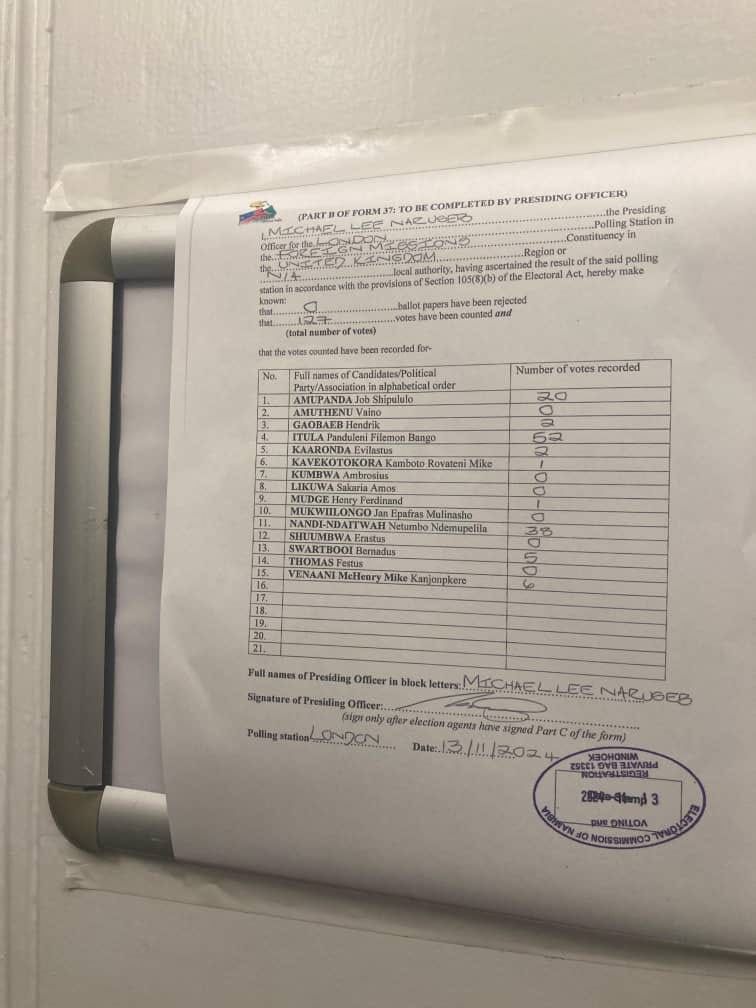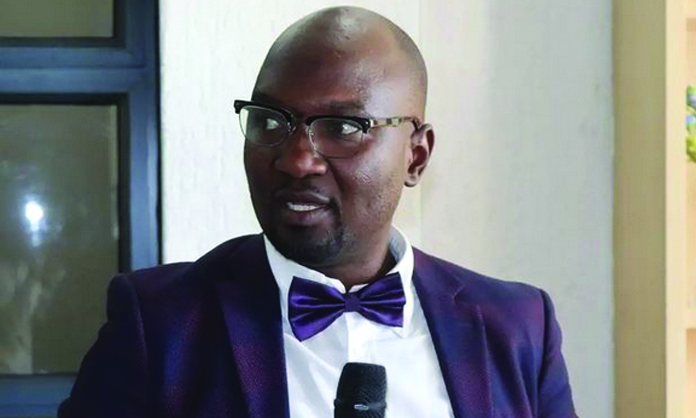Librarians are the curators of creativity. They collect success stories and share with the world.
Traditionally libraries shared published authors’ work with the local community.
But this model has been flipped: Libraries are now starting to collect work from the local community to share with everyone.
In academic libraries, this is best seen in the work of repository librarians. They collect not only the published output of researchers, but also all the digital ephemera that may be created through the research process: the data, the software, the code.
The movement that makes all the ingredients of a research project available on the internet, with as little restriction as possible, has been termed ‘open research’ or ‘open science’.
This umbrella term includes open access, open data and open methods.
The work involved in open science pulls in researchers, librarians, funders, policymakers and the public.
Some of the benefits include trust, greater access to research, and more collaboration among researchers.
Adoption is steadily underway, but Africa has been slower to take up the challenge.
A change on such a large scale requires that certain things are in place: policies, the willingness to implement them, and the infrastructure to make implementation possible.
We undertook a two-part study to understand the root of Africa’s slow uptake of open science practices.
POSITIVE ATTITUDES
Firstly, using the data from the State of Open Data surveys, we looked at how researchers who self-identify as African think about open data. We discovered that there was not much of a difference in attitude between African researchers and their counterparts in other parts of the world.
The African researchers’ attitudes towards open science indicate they are ready for policy that enables open science practices.
POLICY READINESS
Our second study, a systematic review, found there was no shortage of examples of open science policies, nor was there a lack of implementation frameworks that could guide African open science stakeholders to develop their own policies setting out the open science intent, and delineating the roles and responsibilities of stakeholders and researchers.
Some African countries are already doing well in open science.
However, the lack of policy synergies appears to be holding back the African open science environment.
BENEFITS OF OPEN RESEARCH
Many stakeholders – funders, institutions, governments, and publishers – are encouraging researchers to work as openly as possible, because of the benefits it brings.
These include trust, accessibility, collaboration, the replication of findings and cost-effectiveness.
The transparency of sharing the detail of the research builds trust in that research process, as others can review and verify the findings.
Removing paywalls equates to greater accessibility, particularly for those who are under-resourced.
THE WAY FORWARD
Librarians like us are already smoothing the way to open science, despite the lack of infrastructure and policy support.
We have simply been doing what those in our profession have always done – widening access to information.
- Lara Skelly is an open research manager: data and methods at Loughborough University. Elisha Chiware is a library director and associate professor at the Cape Peninsula University of Technology. This article was first published in The Conversation – stuff.co.za
Stay informed with The Namibian – your source for credible journalism. Get in-depth reporting and opinions for
only N$85 a month. Invest in journalism, invest in democracy –
Subscribe Now!






